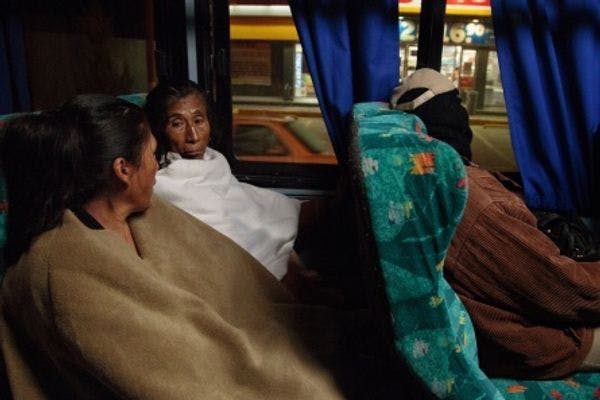Open society foundations
The global pain crisis: narrowing the gap in access to palliative care
While the United States is currently dealing with an opioid overdose crisis and issues of overprescribing, many parts of the world are experiencing a crisis of lack of access to essential, inexpensive, and effective medicines for pain relief and palliative care. Globally, over 5.5 billion people—75 percent of the world’s population—have limited or no access to adequate pain relief.
Palliative care is a constellation of medical, social, and legal services aimed at reducing health-related suffering and pain caused by life-limiting or life-threatening health conditions. Pain relief is a core component of palliative care, but the availability of essential medicines like morphine for pain relief is limited by persistent myths, restrictive regulations, insufficient training of health professionals, and failure of supply and distribution systems.
A new report from the Lancet Commission on Palliative Care and Pain Relief details an essential package of palliative care services to help bridge this gap. While research and evidence are needed to improve access to controlled medicines for pain relief, the world also needs strong, dynamic, and inspiring voices for change.
Please join the Open Society Foundations for a conversation with Lancet commissioners and international palliative care experts Dr. Liliana de Lima and Dr. M.R. Rajagopal about the global pain crisis, the significance of the upcoming Lancet report, and what the world can learn from palliative care programs and advocates in India and Latin America.
